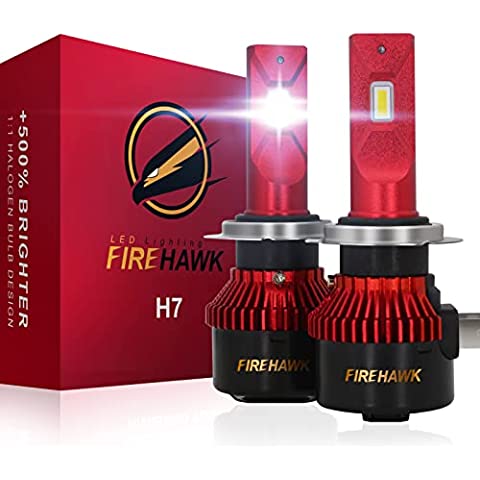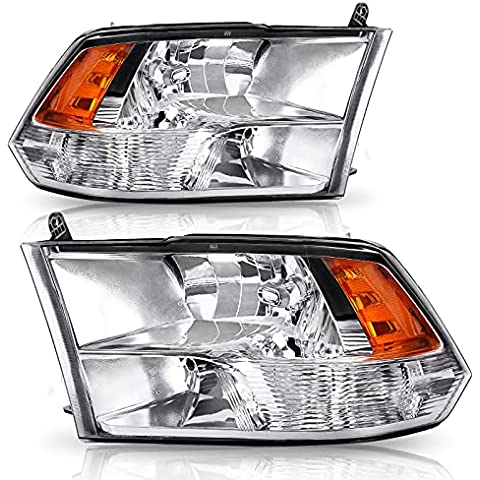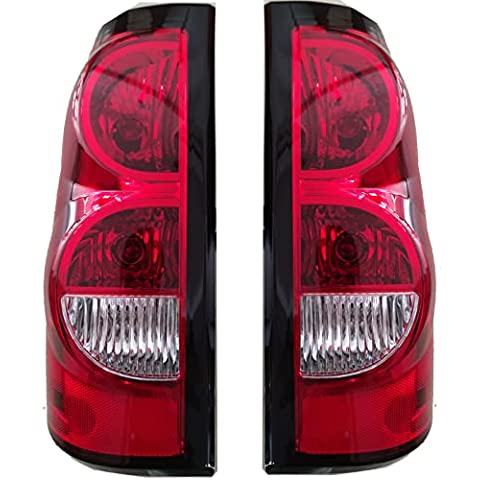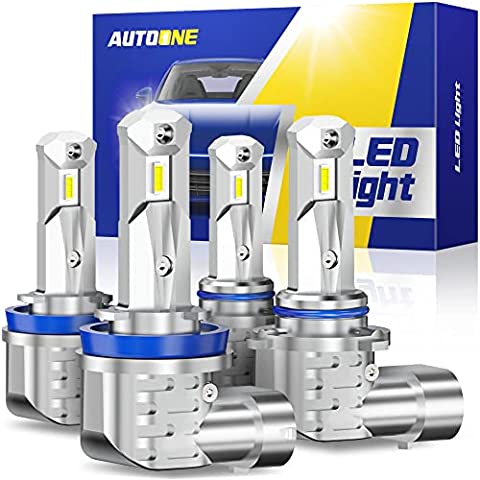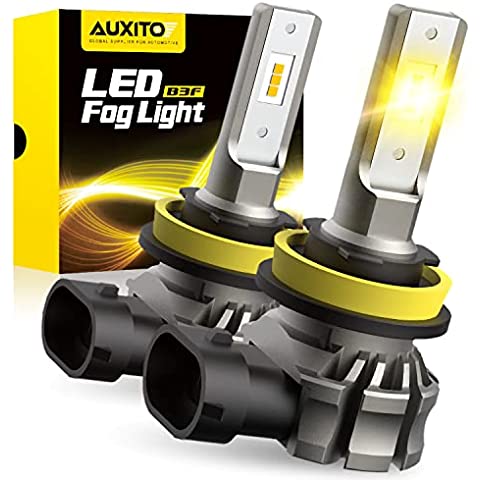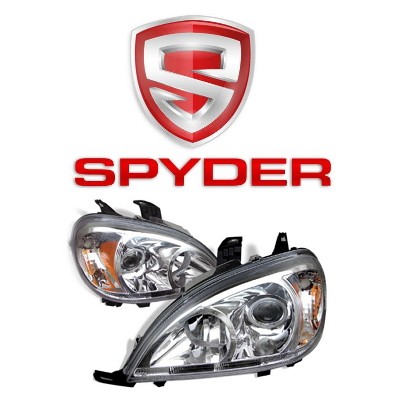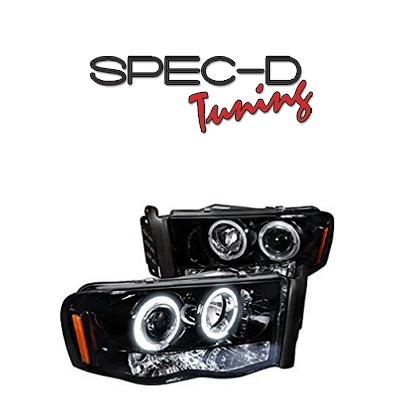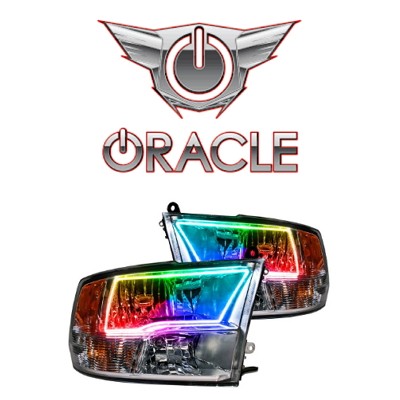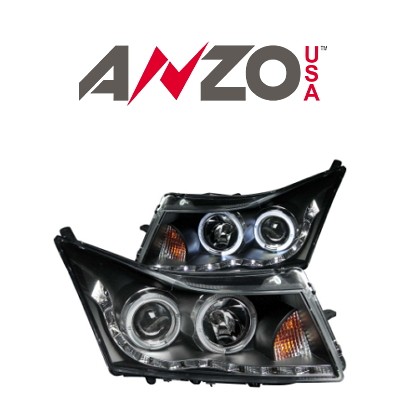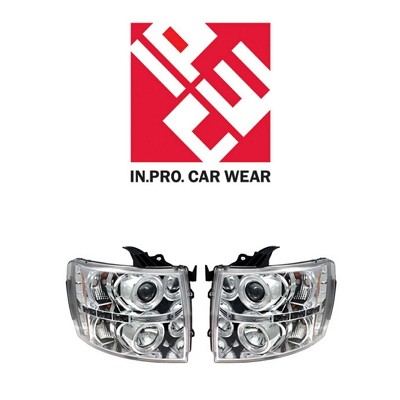Navigating the Cold Chain
The intricate dance of logistics becomes even more complex when the cargo is sensitive to temperature variations. In a world where the margin for error narrows with the degree of precision required for shipments, temperature-controlled transportation is a lifeline for industries that demand a consistent and specific climate for their goods during transit.
Understanding Temperature-Controlled Transportation
Temperature-controlled transportation, often referred to as “cold chain” logistics, involves the transportation of goods that are sensitive to climatic conditions and require a specific temperature range to maintain their integrity, quality, and safety. This method incorporates refrigerated trucks, containers, and storage facilities to ensure that perishable products are kept within their required temperature from origin to destination. It’s not just about keeping products cold; some goods must be kept at a constant warm temperature, and others may require a freeze-free environment to avoid damage from extreme cold. See, what Divine Trans, one of the transportation market leaders, says about temperature-controlled transportation: https://www.divinetrans.com/page/reliable-company-for-transportation-temperature-controlled-goods.
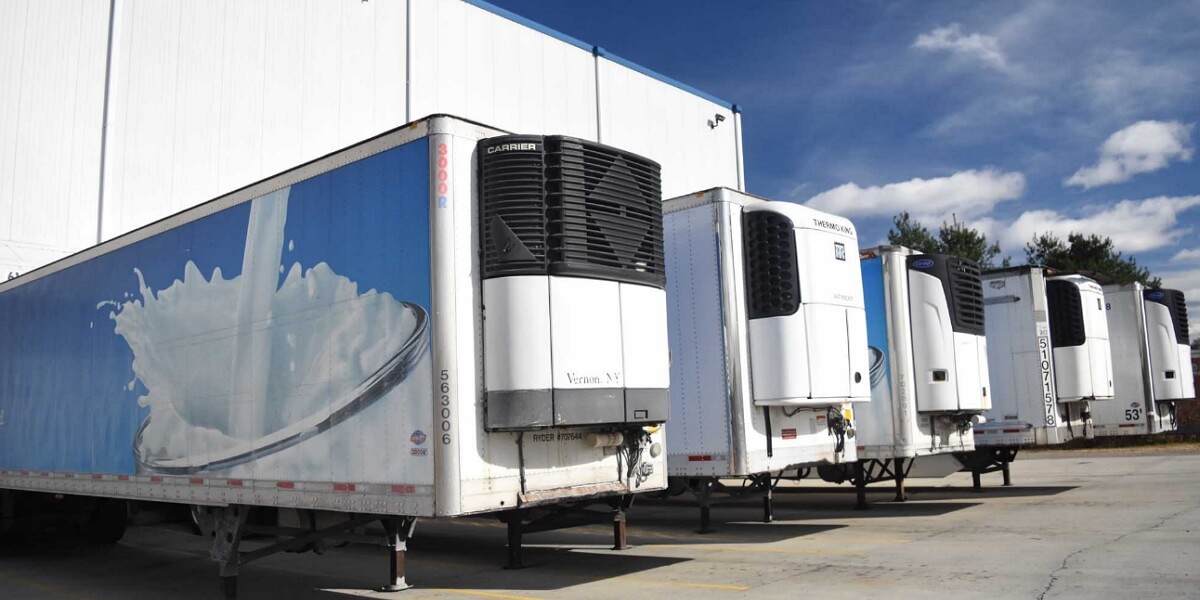
Industries Dependent on Temperature-Controlled Transportation
Several key industries rely heavily on this service:
- Food and Beverage. To prevent spoilage and ensure compliance with food safety standards, dairy products, fresh fruits and vegetables, meats, and frozen foods must be transported under strict temperature control.
- Pharmaceuticals. Many medications and vaccines are temperature-sensitive and require controlled environments to maintain efficacy, particularly biologics and life-saving drugs that can degrade and become ineffective or dangerous if exposed to improper temperatures.
- Chemicals. Certain industrial chemicals and compounds require regulation of temperature to prevent degradation or hazardous reactions.
- Horticulture. Plants and flowers often need specific temperatures to ensure they do not wilt or die before reaching their destination.
- Electronics. High-value electronics can be sensitive to extreme temperatures and humidity, necessitating temperature control to avoid damage.
Selecting a Reliable Provider
When selecting a provider for temperature-controlled transportation, due diligence is crucial to ensure that your products reach their destination safely. Here are the essential factors to consider.
- Expertise and Experience. Seek out a provider with a proven track record in your industry. Experience equates to an understanding of the unique challenges and requirements of your specific temperature-sensitive products.
- Equipment and Technology. Ensure that the provider has state-of-the-art temperature-controlled equipment and the technology to monitor and maintain the required conditions throughout the transportation journey. Real-time temperature monitoring and GPS tracking are must-have features.
- Compliance and Certification. Verify that the provider adheres to industry standards and regulations, such as the Food and Drug Administration (FDA) guidelines for food and pharmaceuticals. Certifications like Good Distribution Practice (GDP) for pharmaceuticals can signal a high level of commitment to quality and safety.
- Contingency Planning. Reliable providers will have well-defined contingency plans to manage equipment failures or other unforeseen events that could compromise the temperature control of the shipment.
- Reputation and Financial Stability. A provider’s reputation in the market is often a reflection of their reliability. Additionally, a financially stable company is likely to maintain its equipment better and fulfill its service commitments without interruption.
- Customized Solutions. Each business may have unique needs, so look for providers that offer customized solutions rather than a one-size-fits-all approach. This can range from offering different temperature ranges to providing multimodal transport options.
Final Thoughts
Temperature-controlled transportation is a critical component of the supply chain for temperature-sensitive goods. It requires specialized equipment, experienced handling, and sophisticated technology to ensure products arrive in peak condition. In an era where the quality of delivery is as important as the quality of the products themselves, choosing the right logistics partner is not just a matter of preference, but a foundational decision for business success and customer satisfaction. As global markets continue to demand more from cold chain logistics, the transport of temperature-controlled goods remains a glowing beacon of logistical precision and excellence.
 Steven is a certified mechanic and technical writer at Halo Headlights. Steven is excited about fast cars, loud music, and car mods. On a yearly basis, he visits SEMA, as well as other car shows.
Steven is a certified mechanic and technical writer at Halo Headlights. Steven is excited about fast cars, loud music, and car mods. On a yearly basis, he visits SEMA, as well as other car shows.
He has installed thousands of HID and LED kits and done hundreds of custom headlight retrofit projects. Now, he is ready to share his experience with Halo-Headlights.com readers.

